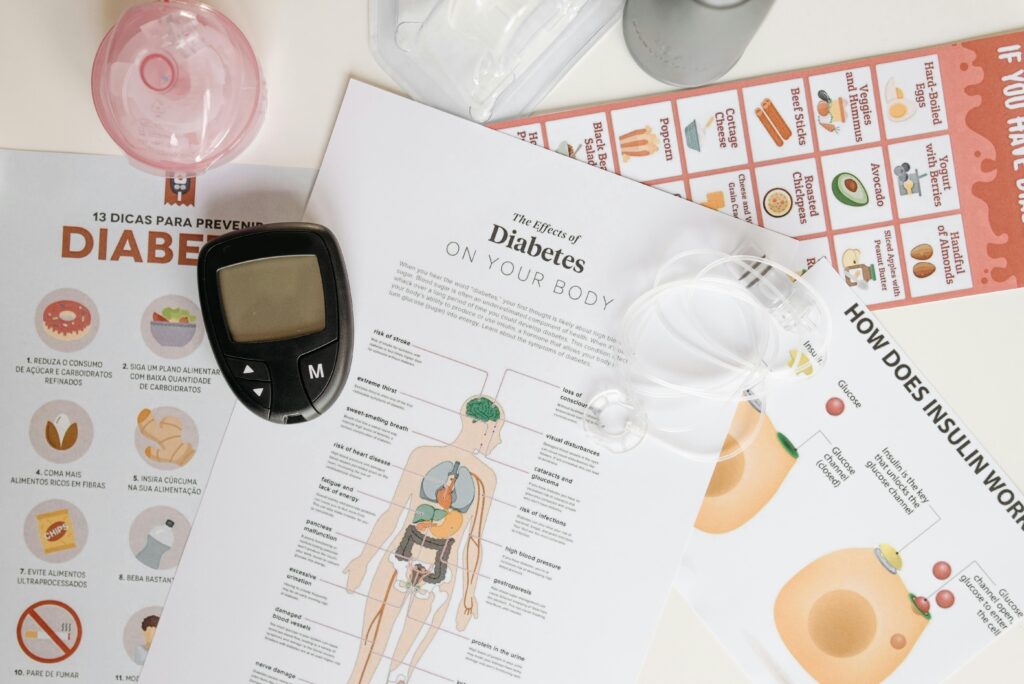Have you ever noticed how a short walk can clear your mind? Or how stretching your body makes you feel instantly refreshed?
Exercise is not just about keeping your muscles strong—it’s one of the best ways to keep your brain sharp and active.
The Brain-Exercise Connection
For years, scientists have studied how physical activity affects the brain. The results are exciting: regular exercise improves memory, enhances focus, and even helps prevent age-related cognitive decline. Whether it’s walking, yoga, or dancing, movement gets your brain working at its best.
How Exercise Works Like Medicine for the Brain
When we move our bodies, we activate a chain reaction of benefits inside our heads. Here’s how:
- Increases Blood Flow: Exercise pumps more oxygen-rich blood to the brain, keeping brain cells healthy and energized.
- Encourages New Brain Cells: Physical activity stimulates neurogenesis, the process of creating new brain cells, helping with learning and memory.
- Releases Happy Chemicals: Endorphins and serotonin—our brain’s “feel-good” chemicals—are released, improving mood and reducing stress.
- Protects Against Brain Aging: Exercise helps prevent conditions like dementia and Alzheimer’s by keeping the brain active and reducing inflammation.
Best Exercises to Boost Brain Power
- Walking – A 30-minute daily walk can enhance memory and improve problem-solving skills.
- Yoga & Meditation – Helps reduce stress, improve focus, and enhance emotional well-being.
- Dancing – Not only a fun activity but also great for brain coordination and memory retention.
- Strength Training – Lifting light weights can improve brain function by increasing blood circulation and reducing anxiety.
Exercise and Memory: The Science
Several studies have shown that even moderate exercise improves memory. The hippocampus, a part of the brain responsible for memory, actually grows in size with regular exercise. This means an active lifestyle can help you remember names, places, and details much better!
Exercise as a Natural Mood Booster
As we age, stress and anxiety can become frequent visitors in our lives. Exercise is a natural way to keep these feelings at bay. Physical activity reduces cortisol (the stress hormone) and boosts dopamine levels, making us feel happier and more relaxed.
Making Exercise a Daily Habit
- Start Small – Even a 10-minute walk around your home is a great beginning.
- Find an Activity You Love – Gardening, cycling, or even playing with grandkids counts as exercise.
- Make It Social – Exercising with friends or joining a community yoga class makes it more enjoyable.
- Stay Consistent – Small daily efforts add up to a big difference over time.
Final Thoughts
Exercise is one of the most powerful tools for keeping our minds sharp and moods bright. It’s never too late to start! So, whether it’s stretching in the morning, dancing in the evening, or taking a brisk walk after dinner, keep moving—your brain will thank you for it!





